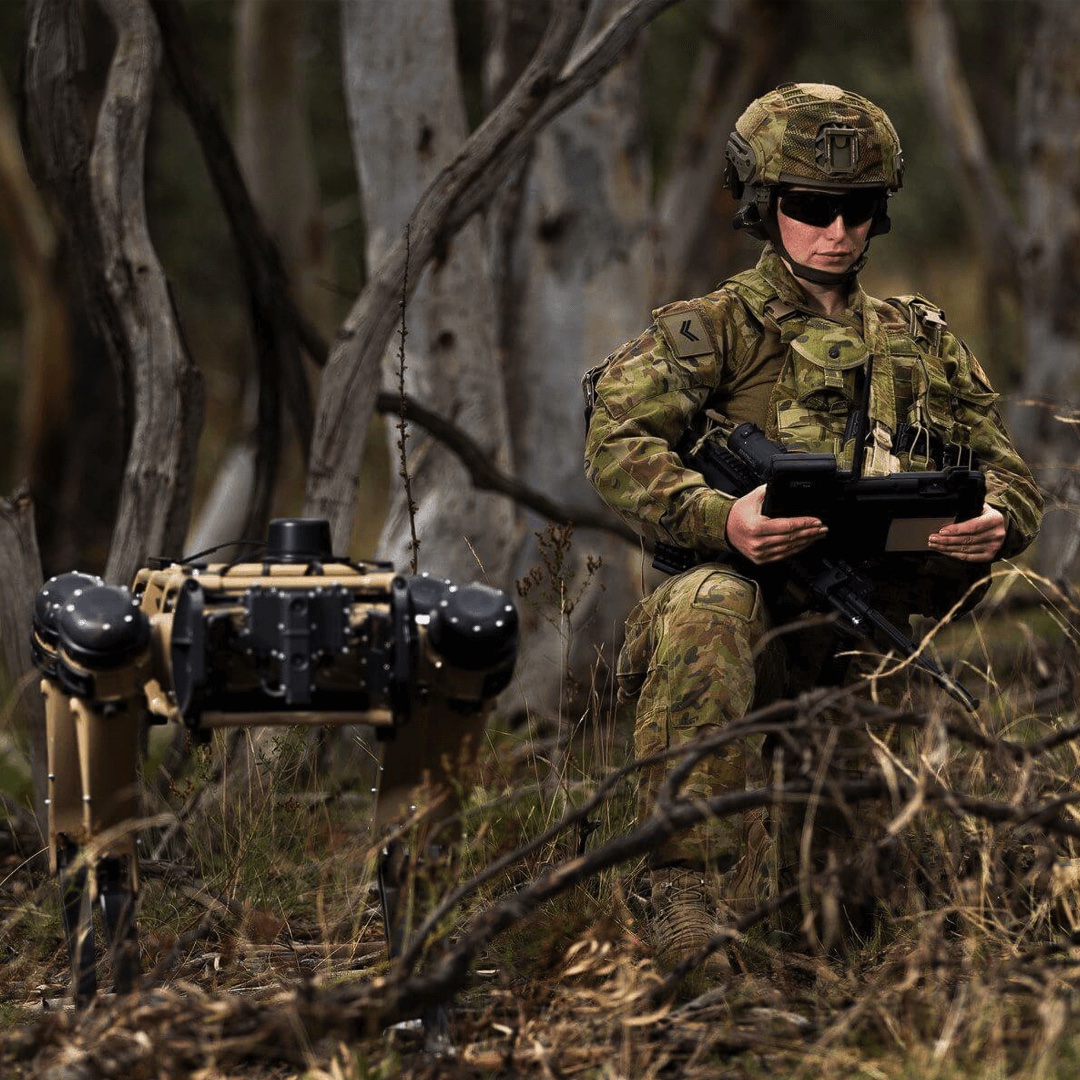The robotics industry has seen a meteoric rise in innovative creations that can assist and even replace human efforts in various fields. Yet, as with any booming sector, it is not without its challenges, especially regarding the protection of intellectual property. Recently, Boston Dynamics, a pioneer in advanced robotics, has turned to the courtroom, filing a lawsuit against Ghost Robotics for alleged patent infringements related to their quadrupedal robots. This legal showdown raises critical questions about ethics, military applications, and the future of robotic design.
An Overview of the Contenders
Boston Dynamics is no stranger to success, particularly with its Spot robot that has captured both public interest and governmental contracts. With a patent portfolio boasting around 500 filings worldwide, they are not just a participant in the robotics wave; they are shaping it. Conversely, Ghost Robotics has gained notoriety largely for their innovative “robot dogs” that have garnered attention for their controversial applications, such as being mounted with sniper rifles which has understandably raised eyebrows.
What Sparked the Lawsuit?
The crux of Boston Dynamics’ lawsuit, lodged in Delaware on November 11, is rooted in the similarities between its Spot robot and Ghost Robotics’ Vision 60 and Spirit 40 models. Boston Dynamics claims that Ghost Robotics has infringed upon several specific patents that pertain to the design and functionality of their quadrupedal robots.
- Patent Infringement Allegations: The lawsuit details a catalog of alleged infringements, pointing to the direct copying of features that are essential to Spot’s functionality and appeal.
- Prior Communication: Boston Dynamics claims to have reached out to Ghost Robotics with patent concerns as early as July 20, sending multiple cease and desist letters before escalating the matter to court.
The Ethical Dimension
While the lawsuit is grounded in legalities, it is impossible to ignore the ethical considerations that accompany robotic technologies, especially when interfacing with the military. Ghost Robotics has faced backlash due to its readiness to collaborate with military and law enforcement agencies. Congresswoman Alexandria Ocasio-Cortez has publicly condemned the militarization of robot technology, raising concerns over government budgets that seem to favor defense spending over healthcare and housing.
Boston Dynamics has taken a progressive stance against weaponized robots, joining forces with other robotics companies to sign an open letter decrying the practice. They argue that arming robots poses serious ethical implications, potentially damaging public trust and opening new risks of harm.
The Business of War-Ready Robotics
The choice to enter military contracts can be lucrative, raising the stakes for many players in the robotics industry. Boston Dynamics has a historical connection to government agencies, like DARPA, fueling its growth in the past. In contrast, Ghost Robotics has found its footing by carving out a niche in the defense sector, albeit with some controversial underlying motivations.
Jiren Parikh, the former CEO of Ghost Robotics, articulated a complex relationship with their military clientele, emphasizing that while they sell the robots, they do not dictate their use. This perspective invites scrutiny, particularly regarding accountability for the use of robots in potentially violent applications.
What’s Next for the Robotics Landscape?
As the legal proceedings unfold, we can only anticipate how this battle will shape the future of robotics. Will Boston Dynamics succeed in defending its intellectual property and set a precedent for theft of designs within this rapidly-growing sector? Will Ghost Robotics alter its path in response to this lawsuit? The outcome may not only influence the involved companies but also set the tone for the ethics surrounding advanced robotics in military settings.
At [fxis.ai](https://fxis.ai), we believe that such advancements are crucial for the future of AI, as they enable more comprehensive and effective solutions. Our team is continually exploring new methodologies to push the envelope in artificial intelligence, ensuring that our clients benefit from the latest technological innovations.
Final Thoughts
This lawsuit between Boston Dynamics and Ghost Robotics represents more than just a legal dispute; it is a critical moment in the intersection of technology, ethics, and national security. As we observe this battle, the robotics industry will need to navigate not just innovation and competition but also the moral implications of their creations. The challenge will be to ensure that technological progress aligns with ethical responsibility, fostering a future where robotics can peacefully coexist with society.
For more insights, updates, or to collaborate on AI development projects, stay connected with [fxis.ai](https://fxis.ai).

